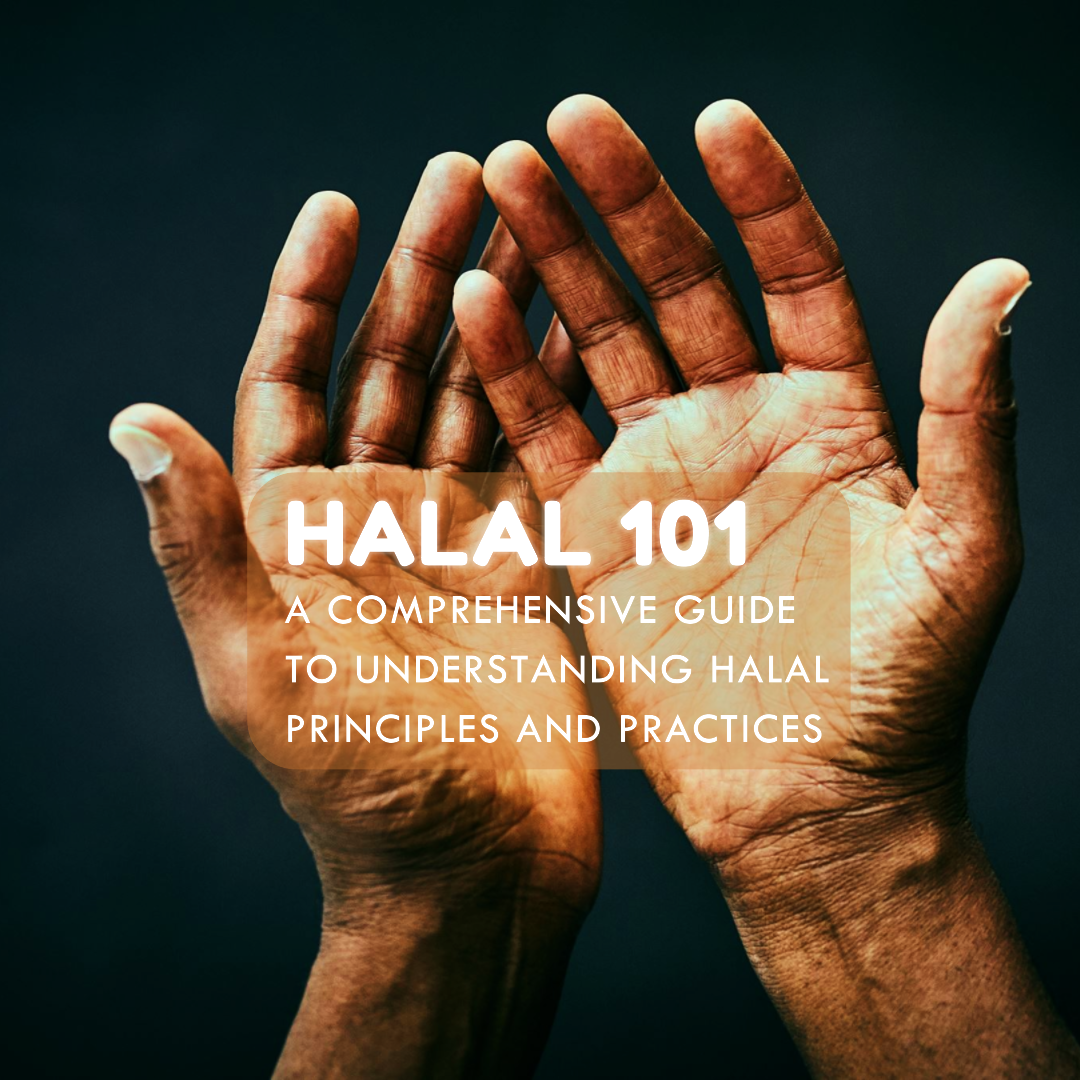As-Salamu Alaikum! This is Muhammad Sultan, here to dive headfirst into the ocean of Halal principles and practices. Halal, an Arabic term, translates to “permissible” in English. But it’s more than just a word; it’s a lifestyle, embodying the essence of Islamic principles. Let’s venture together into the world of Halal, from food to fashion to finance.
The Halal Way of Life
Halal is more than a rule; it’s a divine guidance for 1.8 billion Muslims worldwide. Rooted in Islamic law (Shariah), the concept of Halal encompasses all aspects of life. As Allah advises in the Holy Quran, “O mankind, eat from whatever is on earth [that is] lawful and good…” (2:168), guiding believers towards righteousness.
Feast on Halal: Food and Beverages
Halal food is a cornerstone of Islamic life. It’s not just about what’s on the plate, but how it got there. Halal principles ensure the food is wholesome, free from harmful substances, and prepared with respect to the sanctity of life. Haram (forbidden) items like pork and alcohol are strictly off-limits. For instance, a simple chicken dinner becomes Halal when the bird is slaughtered in Allah’s name, acknowledging that life is sacred.
Beyond the Plate: Halal Lifestyle and Consumer Goods
But Halal is not confined to the kitchen. From cosmetics free of animal-derived ingredients to clothing that preserves modesty, Halal principles permeate daily life. For example, a lipstick might be Halal certified if it’s free from non-Halal ingredients and cruelty-free, aligning with the principles of respect for life and nature.
Dressed in Faith: Halal Fashion
Halal fashion is revolutionizing wardrobes around the globe, proving that modesty and style can go hand in hand. Abayas, hijabs, and modest swimwear are blazing the runway, carving out a space in the multi-billion-dollar fashion industry, demonstrating that fashion can be both faith-friendly and fabulous.
Assurance of Purity: Certification and Compliance
Halal certification is a testament to a product’s compliance with Halal standards. Be it a steak or a skincare product, certification bodies like the Islamic Services of America ensure they meet stringent Halal requirements, offering peace of mind to consumers worldwide.
Righteous Ventures: Business Practices
Halal business practices reflect integrity, ethicality, and consideration for societal well-being. It implies fair trade, employee welfare, and responsibility towards the environment. This fosters trust, promotes sustainability, and contributes to an equitable world, just as Prophet Muhammad (PBUH) advocated for ethical business practices throughout his life.
Journey the Halal Way: Halal Tourism
Halal tourism, a booming sector, caters to Muslim travelers’ needs, from Halal meals to prayer-friendly facilities. Countries like Malaysia and UAE are leading the way, attracting millions of Muslim tourists yearly. But, it’s not only for Muslims; it’s an invitation to anyone seeking respectful and mindful travel experiences.
Prosperity Through Principle: Halal Finance
Halal finance, an alternative to conventional financial systems, operates on Islamic principles. Interest (Riba) is prohibited, and investments should be ethically sound. Islamic banking, with instruments like Mudarabah and Ijarah, offers services that are not only Halal but also contribute to a balanced economy.
Conclusion
Embarking on the Halal path is a journey of spiritual fulfillment, ethical living, and mutual respect. It encompasses our meals, our attire, our vacations, and even our finances. It’s a celebration of diversity and an opportunity to promote understanding. The world of Halal is vast and inviting. Whether you’re a Muslim seeking to embrace your faith more fully or a non-Muslim curious about Halal principles, I encourage you to explore, learn, and participate. As the Quran guides us, “And cooperate in righteousness and piety…” (5:2). Let us do so, and together, we’ll create a world that’s not just Halal but Tayyib – good and wholesome.

